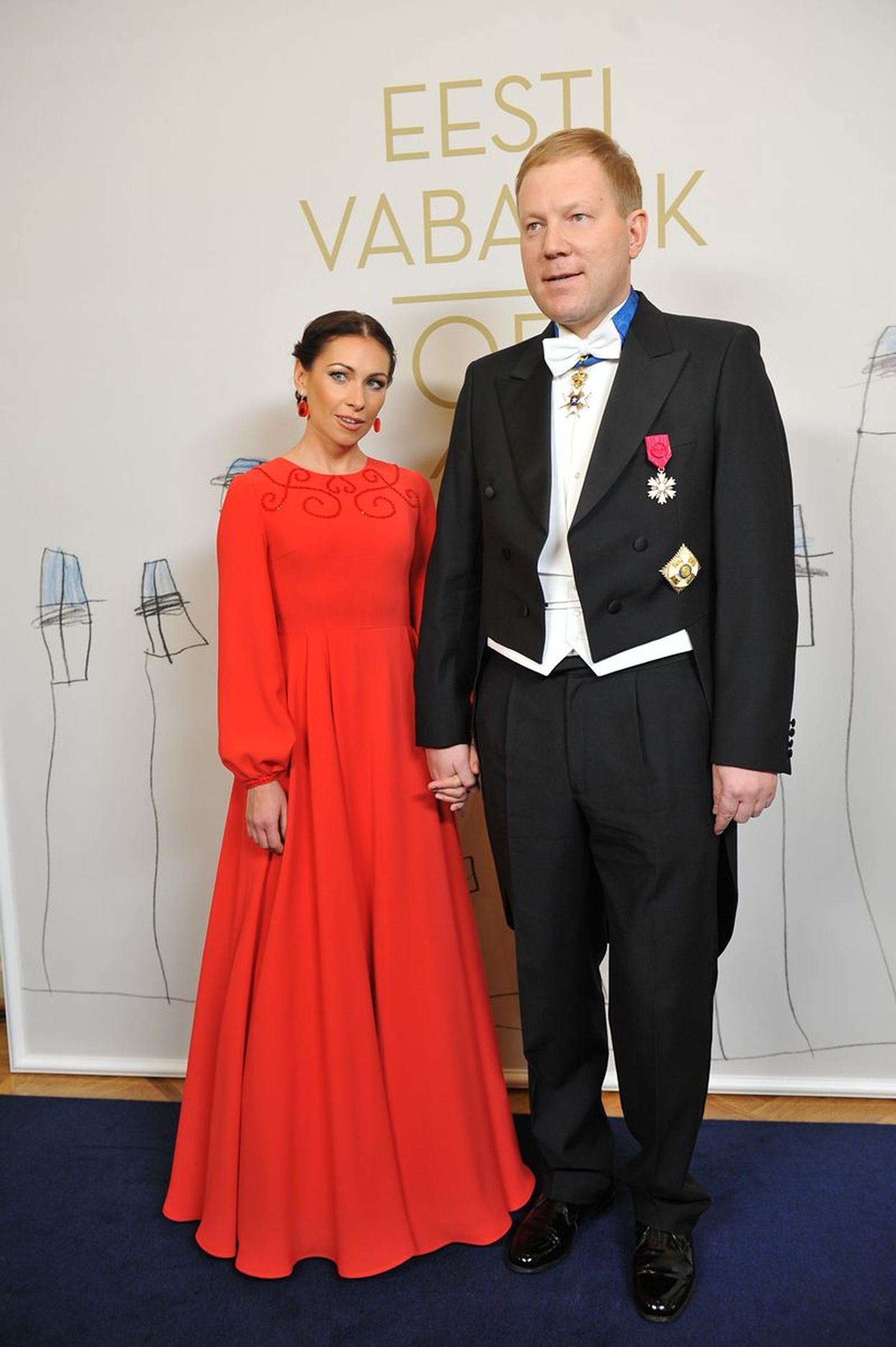
A joint session of the Riigikogu foreign affairs committee and culture committee on Thursday emphasized the role of Asia in global economy and politics as well as the need to train experts on Asia in Estonia.

A joint session of the Riigikogu foreign affairs committee and culture committee on Thursday emphasized the role of Asia in global economy and politics as well as the need to train experts on Asia in Estonia.
The chairman of the foreign affairs committee, Marko Mihkelson, expressed concern that in the Estonian education system teaching of subjects related to Asia was insufficient and had not been set out as one of priority areas, spokespeople for the parliament said.
"We have moved ahead on the topic of Asia, on the basis of recommendations by the foreign affairs committee the government's Asia program has been endorsed, but we're still on the level of philosophizing for the time being, we should move on now," said Mihkelson.
Mihkelson specifically highlighted the need to start training Asia experts and people fluent in Asian languages already in general education schools. He said that in order for experts on Asia to emerge it was important to promote teaching of Asian languages, at least of Chinese and Japanese, as well as culture, not only in universities but also in general education schools where it now happens in a very haphazard manner and on a not good enough level.
The chairman of the culture committee, Urmas Klaas, said that language studies could be promoted with the help of a system of scholarships by which the state could express its interest in teaching of specialists in specific fields. Speaking about the Asia related activity of universities, Klaas said it would make sense for universities to pool their competence and set up a common center for Asia studies.
The need for a common center dealing with Asia was pointed out also by Urmas Varblane, head of the chair of international business and innovation at the Institute of Business Administration of the University of Tartu.
Other participants in the session included Kalmar Kurs and Karin Jaanson, departmental head and adviser at the Ministry of Education and Research, as well as Peeter Muursepp, director of the Institute of International Relations at the Tallinn University of Technology, who offered an overview of the Asia related work being done at the Tallinn University of Technology.
The Estonian ambassador to countries of southeastern Asia, Andres Unga, expressed the Foreign Ministry's interest in the training of specialists on Asia and said that at present communication in Asia was handled with the help of third languages.